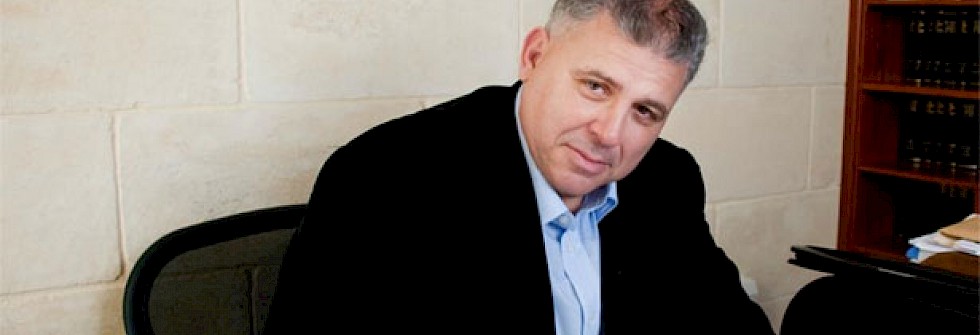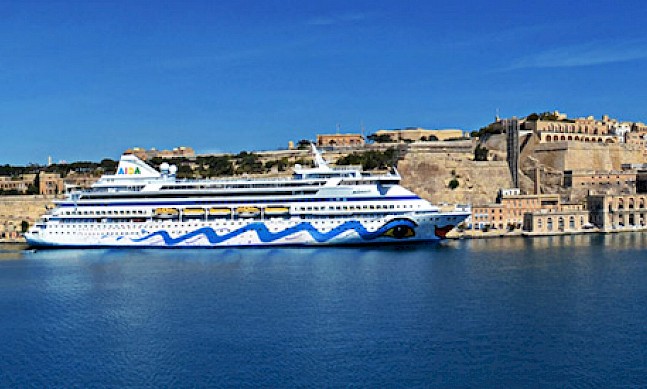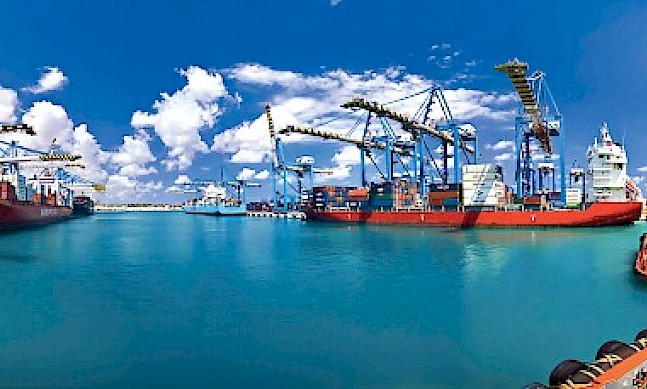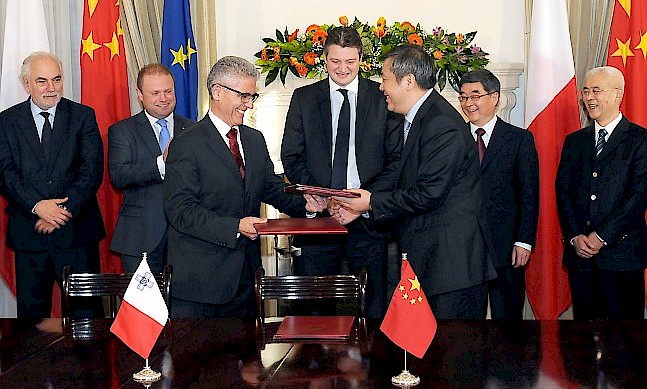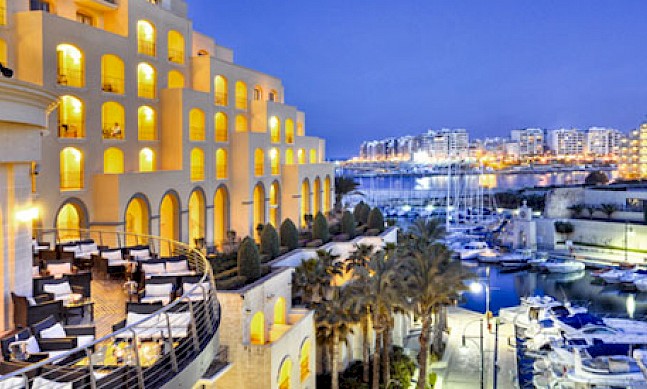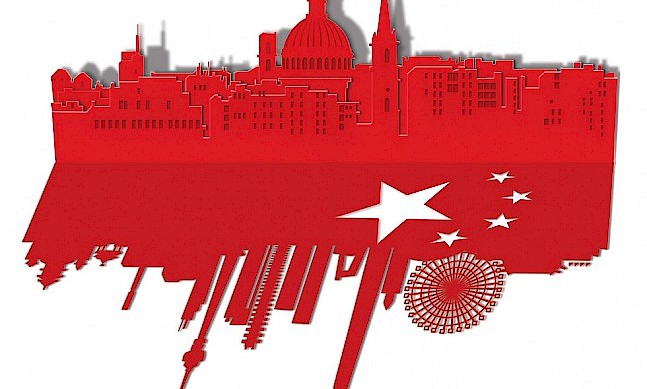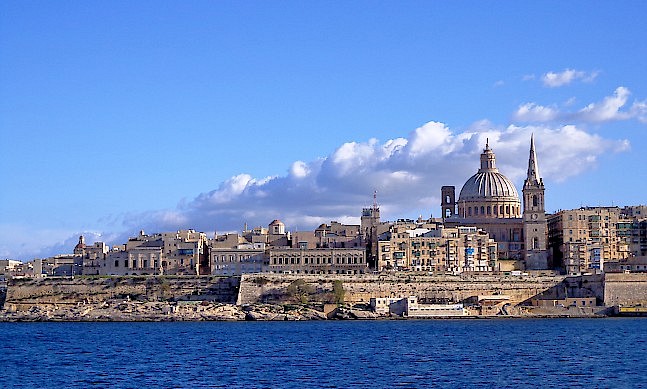Minister for Gozo Anton Refalo explains the main differences between the island and mainland Malta and highlights the initiatives underway to boost the local economy.
The Report Company: What are the main priorities for the ministry, and what have been your key challenges and objectives since taking office in 2013?
Anton Refalo: Upon taking office last year, we have been working upon setting the agenda. During this year we have met various local stakeholders and foreign entities to devise the best possible strategy to cater for Gozo’s needs. We have particular socio-economic realities stemming from Gozo’s regionality. During the last years we have witnessed migration shifts to mainland Malta due to the lack of employment possibilities in Gozo. Subsequently youths are opting to work and live in Malta and consequently we are observing uneven consumption patterns. Our objective within this regard is to design the right incentives for people and investors to invest, consume and reside in Gozo.
TRC: How would you define Gozo’s identity, and how should it be perceived by the international community?
AR: Gozo is a small island in the Mediterranean that has unique characteristics that make the island a hospitable place to work and live. Our economy is based mainly on tourism and services industries. We have a well-educated workforce, an excellent health and education system and an adequate transport system. We have successfully preserved the island’s beauty by achieving the right balance between business and sustainable development. Gozo is an open avenue for the attraction of foreign direct investment in transport, tourism, manufacturing, and services industries amongst others.
TRC: What is being done to boost investment in Gozo?
AR: This government has embarked on building a new coalition of public and private entities to cater for the ever-changing realities and demands. We have set the right impetus to generate short-term measures to stimulate aggregate consumption demand. On a medium to long term view, we have successfully made the necessary background works to build a cruise liner terminal, a fast ferry service and a new yacht marina. Moreover, we are in an advanced stage to develop a knowledge centre. With these projects we believe that Gozo will have the necessary structures to expand its growth potential in the foreseeable future.
“Gozo is an open avenue for the attraction of foreign direct investment in transport, tourism, manufacturing, and services industries amongst others.”Tweet This
TRC: How would you appraise the strength of the financial sector in Gozo?
AR: We believe that the private sector is a key player in our strategy to elevate Gozo’s development potential further. HSBC and other banks facilitate trade, commerce and offer financial packages to the local and foreign business community. According to data from Malta’s National Statistics Office, the financial services sector was directly responsible for 8.5 percent of the Maltese economy’s gross domestic product last year. This is quite significant. We also look forward to attract financial services firms specialising in niche services such as fund management, trusts, tax services and others.
TRC: What steps have been taken in order to better capitalise on the bilateral relations with China, particularly with regard to Gozo?
AR: The relationship between Malta and China is a marriage of love, not of convenience. It goes back over 40 years. Malta was the first to establish a diplomatic and commercial relationship with China when it opened up to foreign trade. Among other examples of cooperation between Gozo and China, we had a visit by a Chinese delegation from five provinces organised by the Chinese Association for Friendship with Foreign People, and various Chinese businesses had the opportunity to explore business potential in Gozo.
In July 2013, an exhibition of Chinese Reed Paintings was held at the Gozo ministry, while the Chinese ambassador regularly attends operas held by Gozo’s philharmonic societies.
Recently, one of the largest Chinese construction companies , CCCC Ltd, visited Gozo and is carrying out a geological study of the seabed to report on the feasibility of constructing a bridge between Malta and Gozo.
TRC: What infrastructure projects are currently underway in Gozo?
AR: We are committed to improving the transport network in Gozo and beyond. The fast ferry service will reduce transportation time for Gozitan workers commuting to Malta for work by approximately one hour. The fast ferry service is a complimentary service to a similar service offered presently by Gozo Channel. Commuters will have an additional service to choose from, in line with the belief of free market practices. We are also studying alternative routes to Mgarr port to reduce excessive traffic flows from the main road. Our ambition is also to connect the island with our neighbours to the south and north by expanding our small airstrip near Mgarr.
“We believe that the private sector is a key player in our strategy to elevate Gozo’s development potential further.”Tweet This
TRC: Under the Eco-Gozo development strategy, Gozo aims to become an eco-island by 2020. What does this entail?
AR: Since Malta joined the European Union in 2004, Malta has to comply with EU regulations on the environment. One of the targets of the Europe 2020 strategy is to reduce emissions and increase energy from renewable sources. We place particular emphasis on the preservation of Gozo’s ecosystem. We want to see quality of life in Gozo improving further through education, economic development and social progress. Gozo will strive to reduce its carbon and water footprints. We want to protect the Gozitan lifestyle, the island’s environment, resources, culture and identity, and see that all these play a significant part in attracting more visitors and investors to the island.
TRC: How is the ministry planning to balance tourism growth while preserving the rich heritage of the island?
AR: Although we are determined to increase Gozo’s structural potential to attract more tourists and business, we know that Gozo’s core competence lies in its alluring natural beauty. We nurture our cultural and historic roots as a guide in this balancing act. During negotiation stages with interested parties we make sure that our bonds and visions lie in ultimately preserving our resources.
TRC: How would you like Gozo to be perceived on an international level, particularly within the Chinese market?
AR: During the 1970s when our economy was expanding to new frontiers, China invested in Malta and aided the government of that time in the building of our shipyards, Freeport and other major structural projects. China has for long had immense respect for Malta and it never forgot the support that tiny Malta gave it in the early 1970s, when few countries were prepared to take China seriously on the political and economic level. Gozo is open for Chinese firms willing to invest in this small island lying strategically between Southern Italy and the Maghreb and Mashreq countries. And it never forgot the support
TRC: What would you like to achieve during your time in this role?
AR: My legacy with Gozo and its people is a long and lasting one. I truly believe in improving our socio-economic conditions in the process reducing any hindrances and obstacles to growth. As minister for Gozo I would like to generate employment growth, increase internal consumption and attract more foreign direct investments. With this holistic approach we are determined to improve the standard of living of our people.
